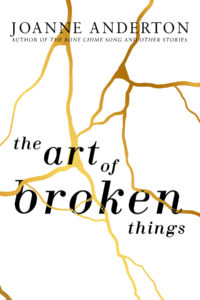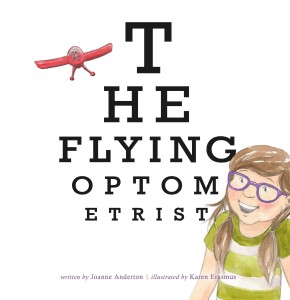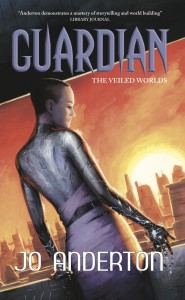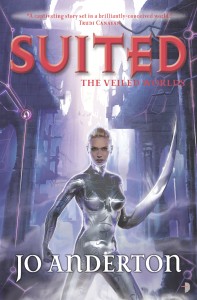I’m a big fan of Juliet Marillier. Her books are like cake to me, rich and yummy. I think her use of language is beautiful, and I always get sucked into the characters and their relationships. So I was excited to read her post at Writer Unboxed about revising her current project because A) new book coming woo! and B) hey, I’m revising too.
There are things in Juiliet’s post that resonated with me and my current mind set, things that need to be looked at in every revision. As she puts it “continuity, consistency, logic, pace, repetition”. Did this ever strike a bell in my brain! The very things I’ve been looking for in my ms dive!
I haven’t revised enough book-length projects to have a standard revision plan. Each one is a learning experience. Maybe I’ll never have one, maybe I will adapt to the needs of each new story, rather than forcing it to adapt to me? But reading Juliet’s thoughts on revision got me thinking about my own, and about how these processes have changed.
Apprentice: This was the first book-length project I ever finished, though I had certainly come close a few times before. I did barely any planning at the beginning and when I came to reworking it, boy, did this show. Apprentice taught me the value of planning, of things like story arc, character development, plot and pace. It also introduced me to writers groups and critiques. Two words people. Learning Curve. So Apprentice was rewritten extensively, beginning to end. It lost a serious number of words (in one of the revisions I cut it back from 160,000 to 113,000). While at it’s core, the book never changed, most of the words certainly did.
Those Who Weep: This is probably the second major revision I did, though I wrote a few more books in between Apprentice and Those Who Weep. This revision taught me that I had learnt my lessons too well. I over planned this book. I have books of notes at home, I wrote chapter summaries before even looking at the computer. And somewhere in the middle of all that planning I lost the spark. Because I knew exactly what was going to happen at every moment, I lost interest in writing it, I lost enthusiasm. This showed in the revision stage. And I found it much harder to go back and somehow imbue that spontaneity, that life, than it was to cut, add and rearrange.
Debris: So, to the current revision. I’ve tried to learn from both previous books. Debris was planned, but the planning was done in broad strokes. I made diagrams instead of summaries, I left gaps and questions I knew the story would answer as it moved along. And I’m glad I did it this way, because a lot of the plot and the characters have changed. In the revision stage, it has been very helpful to see at a glance what I was hoping the book would do, what it has done, where I can bring the two together, or where their diversion has actually been a positive thing.
But core to all of these books / stages / processes: “continuity, consistency, logic, pace, repetition”. The first lesson is always best learned.
I’m still head down in the middle of this revision of Debris. And only time (and the response of readers) will tell how effective the new arrangement has been.








1 comment
I know what you mean about overplanning. I killed my love for Queen of Nothing before I even stated writing it by overplanning! Someday, I hope to love it again, but that will be many books down the road, I suspect.